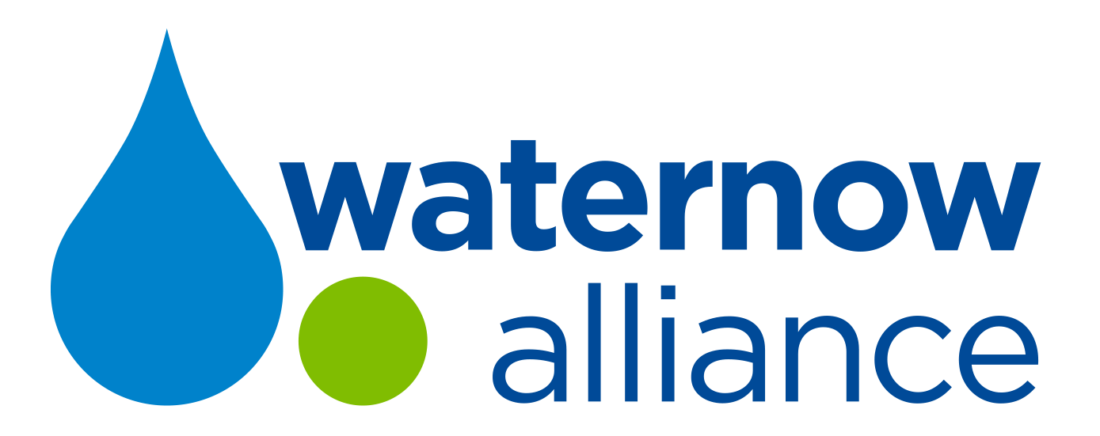Atlanta, Georgia is the capital city of the Southeast—a city with a historic past that is building a resilient and sustainable future. The City covers 134 square miles and is home to about 420,000 permanent residents; 4.1 million people live in the greater Atlanta metro area, however. With the City’s humid, subtropical climate Atlanta gets an average of 52 inches of rain a year, 75% more than the nationwide average rainfall.
Atlanta faces urban flooding and water quality challenges not only as a result of urban streams that swell during storms but also aging and damaged infrastructure and limited capacity of gray infrastructure. The Department of Watershed Management (“Department”) manages the City’s essential utility operations: drinking water, wastewater and stormwater systems. While drinking water and wastewater system improvements are funded by ratepayers, the Department has limited funds for stormwater. To address localized flooding and surface water quality challenges the Department has invested and plans to continue investing in cost-effective green infrastructure strategies via creative means.
In particular, since 2009, the Department has invested in green infrastructure through at least four key initiatives: (1) the City’s stormwater ordinance, (2) combined sewer capacity relief, (3) development and implementation of Watershed Improvement Plans and other citywide planning that incorporates green infrastructure, and (4) integrated project planning and cross-department coordination. And in 2017, the City updated its Green Infrastructure Strategic Action Plan to promote and support the implementation of green infrastructure throughout Atlanta by all City departments, its community-based partners, and the private sector. The updated strategic plan sets a goal that every year Atlanta, through its policies and partnerships, will install enough green infrastructure to reduce the volume of polluted runoff from entering streams and infrastructure by 225 million gallons.
 Atlanta’s green infrastructure projects have benefited the City’s natural and urban environment in many ways. These programs have helped to reduce combined sewer overflows and flooding, and improved surface water quality by reducing erosion, sedimentation, and concentrations of pollutants in stormwater runoff. Green infrastructure projects have also created and/or protected over 2,000 acres of tree canopy, wetlands, and other greenspace, which supports native habitat and biodiversity and improves air quality. Further, as of 2018, the Department has reduced more than 1 billion gallons of stormwater annually through private and public green infrastructure projects. These installations contribute to groundwater recharge, resilience to climate change, and reduced urban flooding.
Atlanta’s green infrastructure projects have benefited the City’s natural and urban environment in many ways. These programs have helped to reduce combined sewer overflows and flooding, and improved surface water quality by reducing erosion, sedimentation, and concentrations of pollutants in stormwater runoff. Green infrastructure projects have also created and/or protected over 2,000 acres of tree canopy, wetlands, and other greenspace, which supports native habitat and biodiversity and improves air quality. Further, as of 2018, the Department has reduced more than 1 billion gallons of stormwater annually through private and public green infrastructure projects. These installations contribute to groundwater recharge, resilience to climate change, and reduced urban flooding.
Green infrastructure also has economic and social benefits. Through its investments in green infrastructure, Atlanta is improving neighborhoods and creating local green jobs. The City has also avoided costs related to flood damages, reduced energy use and potable water demand, and avoided capital costs for gray infrastructure, all of which deliver cost savings to citizens and the Department. For example, localized green infrastructure in the Historic Fourth Ward has saved the City $15 million over the alternative (an underground tunnel), while contributing to over $500 million in economic development in the surrounding area. Citywide green infrastructure also provides the co-benefits of urban greening, neighborhood beautification, creation of public parks, public education, community engagement, fostering stakeholder partnerships, and improved pedestrian safety through traffic calming.
From Atlanta, Georgia, to San Antonio, Texas, as part of WaterNow’s Tap into Resilience initiative, WaterNow has interviewed over a dozen city and utility leaders already tapping into localized water strategies for fast, affordable, and impactful solutions to their water challenges. More details on the Atlanta Department of Watershed Management’s Tap into Resilience case study are available on WaterNow’s campaign website here. It was also WaterNow’s pleasure to award the Department’s Commissioner Kishia Powell with WaterNow’s Impact Award at its Tap into Resilience Summit in Austin, Texas, in March 2019; Commissioner Powell has demonstrated exemplary leadership in envisioning and implementing the first-ever publicly issued outcomes-based financing deal. WaterNow members can access the summit materials through the member portal.

